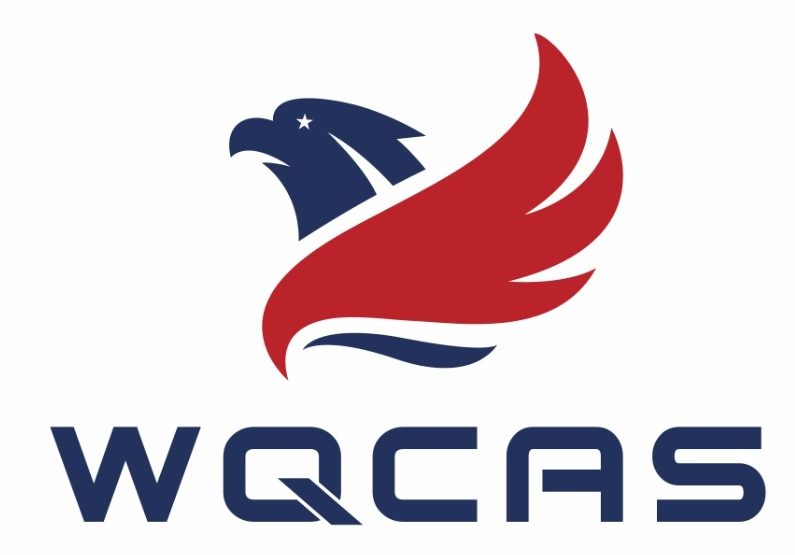About Accreditation & Certification
Whilst the terms ‘accreditation’ and ‘certification’ are often used interchangeably, they are two closely related but distinct steps on the quality assurance ladder.Accreditation is a rung further up the ladder, performing an oversight role that underpins the quality, impartiality and competence of the certification process. Certification is an audit of whether an organisation, product or individual, conforms to the criteria laid out in a recognised standard or scheme, such as ISO 9001 Quality Management Systems.
